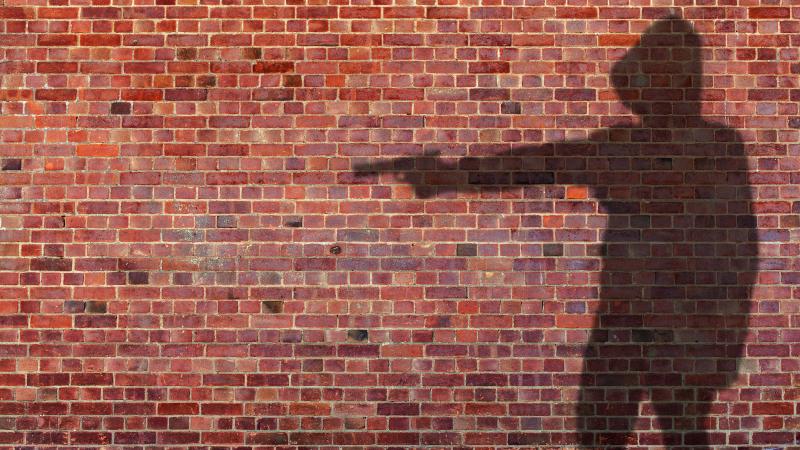Cruz blasts DOJ for 'refusing' to enforce laws protecting judges from harassment
Pro-choice activists descended upon the homes of the court's more conservative justices
Texas Republican Sen. Ted Cruz on Wednesday demanded that the Department of Justice account for not prosecuting most of the protesters who appeared at the homes of Supreme Court justices in violation of the law.
Following the leak of a draft opinion that suggested the Supreme Court would overturn the landmark abortion precedent established in Roe v. Wade, pro-choice activists descended upon the homes of the court's more conservative justices and shadowed them in private life demanding they uphold the right to abortion access.
In one extreme instance, a California man allegedly attempted to murder Associate Justice Brett Kavanaugh over the issue. Nicholas John Roske, 26, allegedly sought to kill a total of three justices. He has pleaded not guilty.
Cruz, in a Senate hearing with Assistant Attorney General Kenneth Polite Jr., asked the DOJ official why the agency was not pursuing charges against other protesters. “Night after night after night, these protesters committed federal crimes on national television. Why has the Justice Department refused to enforce 18 U.S.C. § 1507?” he asked, in reference to the section of the federal code that bars protesting outside a judge's home “with the intent of influencing” a decision, according to the Epoch Times.
Polite noted that the department has prosecuted one individual for that violation, saying “[t]o date, there has been one prosecution." It is unclear if he was referring to Roske. Cruz was not satisfied with the single individual facing charges.
“What about the hundreds of others—all of whom have violated the law?” Cruz queried. “The law is very clear. Why does the Department of Justice pick and choose which laws to enforce, which criminal laws to enforce? Why does it seem to exactly follow the pattern of the partisan preferences of the Biden White House?”
The assistant attorney general insisted that the administration's political persuasion did not play a role in its prosecution decisions.
In mid-June the House of Representatives passed a bill to extend security details to the Supreme Court's justices after the Senate previously approved the effort.
The high court in late June ultimately overturned Roe v. Wade.















